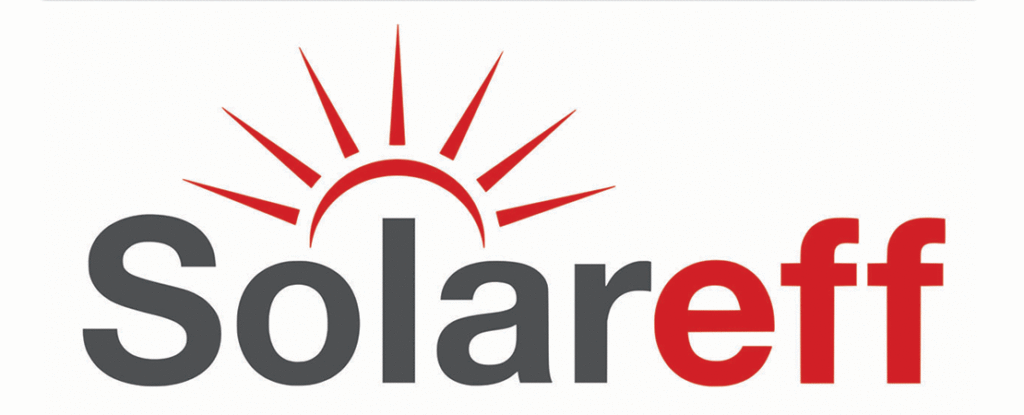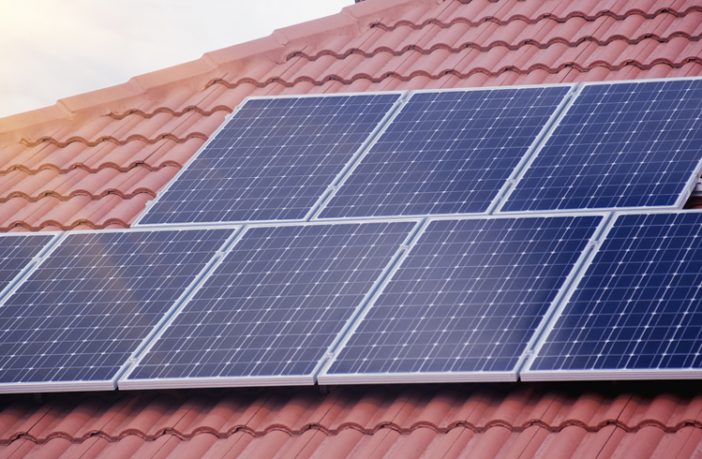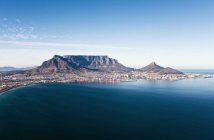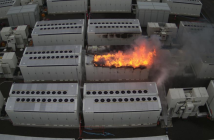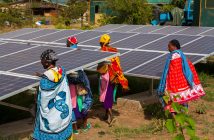- The Western Cape Government has set a goal of 135 MVA of installed rooftop Solar PV by March 2020.
- A standard policy and by-law for Western Cape Municipalities allow for grid-tied PV installations in residential homes.
- 21 Municipalities in the Western Cape now allow grid-tied PV and 13 have NERSA-approved feed-in tariffs.
- The Premier, however, raises concerns regarding the number of unregistered rooftop PV grid-tied systems in the province.
The Western Cape Government together with GreenCape has driven the rooftop Solar Pv industry in the Western Cape in both policy formulation and regulation. The initiative has seen an increased the amount of installed rooftop PV from 10 MVA in 2015 to 47 MVA in February 2018, an almost 400% increase.
Together with GreenCape, they also developed a QCTO qualification for PV installers, which are now offered by three institutions. This enables clients to obtain a SAPVIA GreenCard for their installation, providing them with the assurance of safety and quality.
The Premier, however, registers her concerns regarding the number of unregistered rooftop PV grid-tied systems. Her energy team tracks the number of installations in each Municipality, which is verified by flyover surveys. She adds that ‘there is a very clear trend that many installations, especially residential ones, have not been approved and registered by the relevant Municipality’
It is extremely important for installers to go through the legal application process, as this ensures that the installations conform to municipal grid requirements and protect the safety of residents and municipal officials.
The legal requirement to enter into a connection and user-of-system agreement with the holder of the relevant distribution license (namely the Municipality) was promulgated by the Minister of Energy on 10 November 2017. This regulation still stands, despite the withdrawal by Nersa of their discussion paper on SSEG Registration Rules. NERSA is now considering the new sets of municipal tariffs that will take effect on 1 July 2018.
The responsibility also lies with the installer to educate the home-owner on what the relevant municipality requires in terms of registration and compliance. The consequences of unregistered installations are very serious and – once detected – can result in fines and the disconnection not only of the PV system but of the electrical connection to the entire property as well.
There are many qualified Solar Pv installers operating in the Western Cape like Solareff. Make sure you choose a qualified installer to avoid any future problems with your system and the local Municipality.
Author: Bryan Groenendaal
If you live in the Western Cape and are thinking of installing solar power in your home – email Leigh-An Becker at Solareff for professional advice: leigh-an@solareff.co.za.
